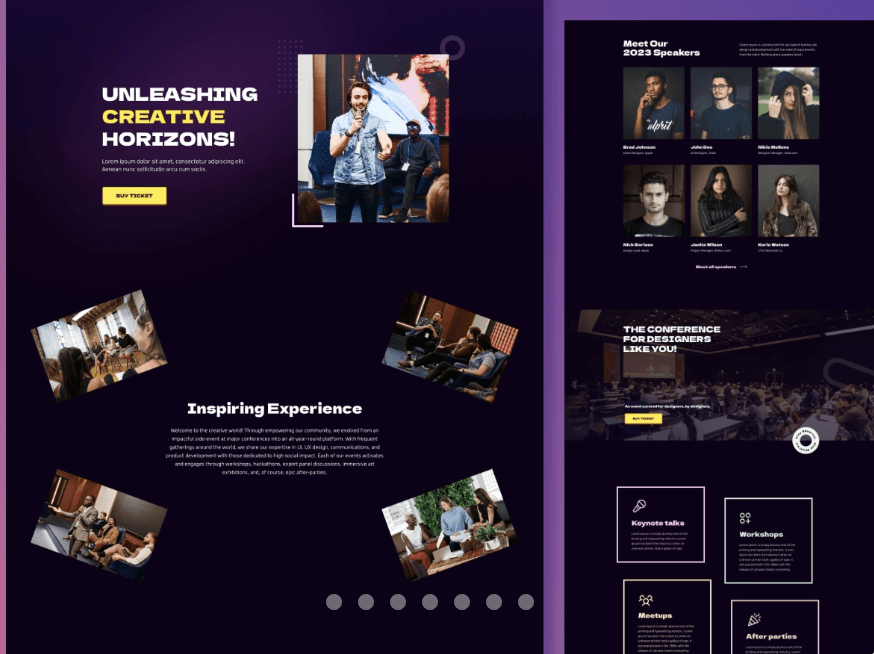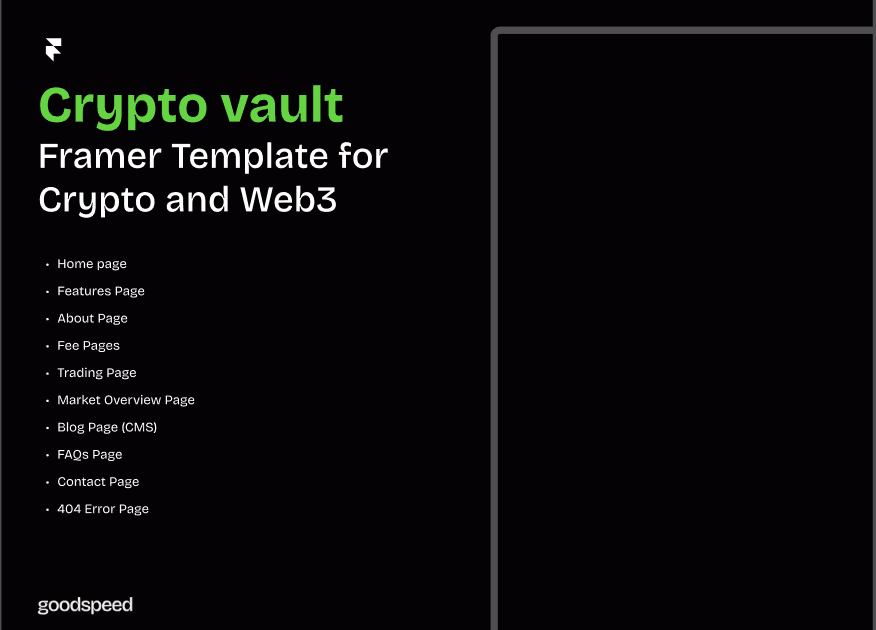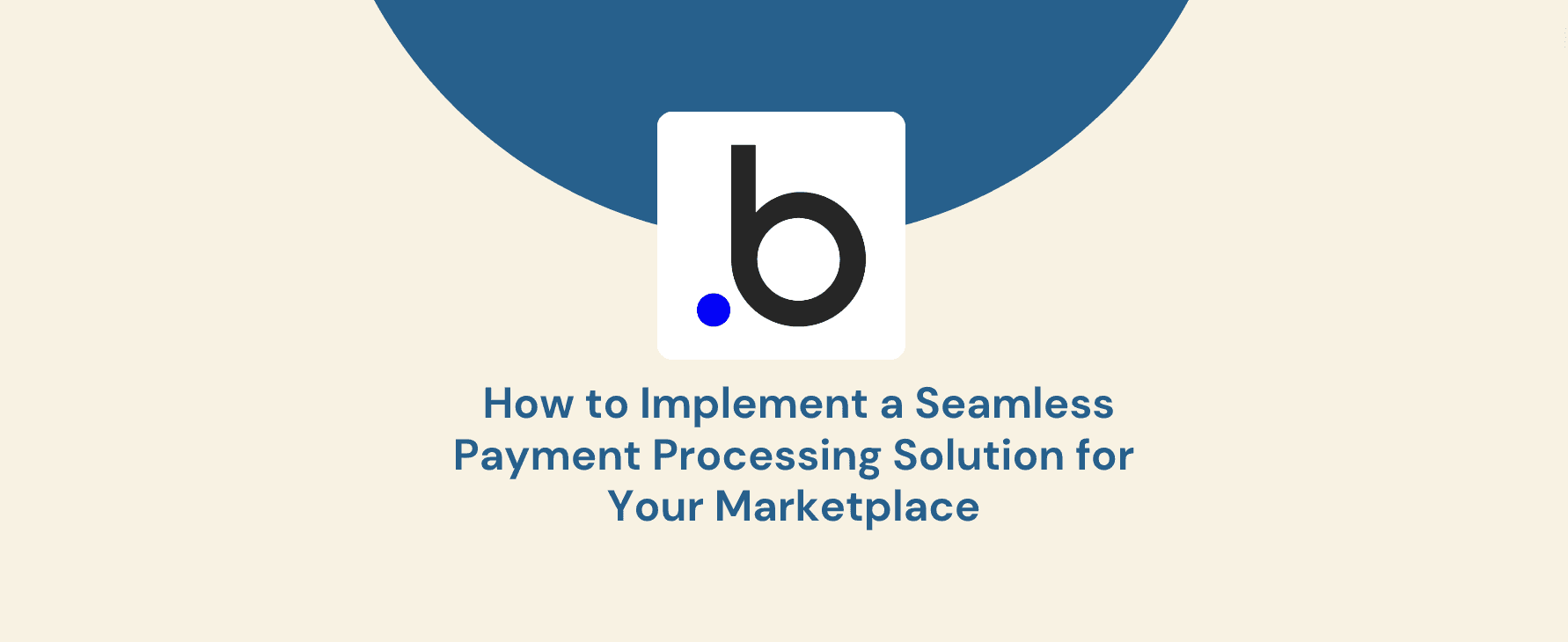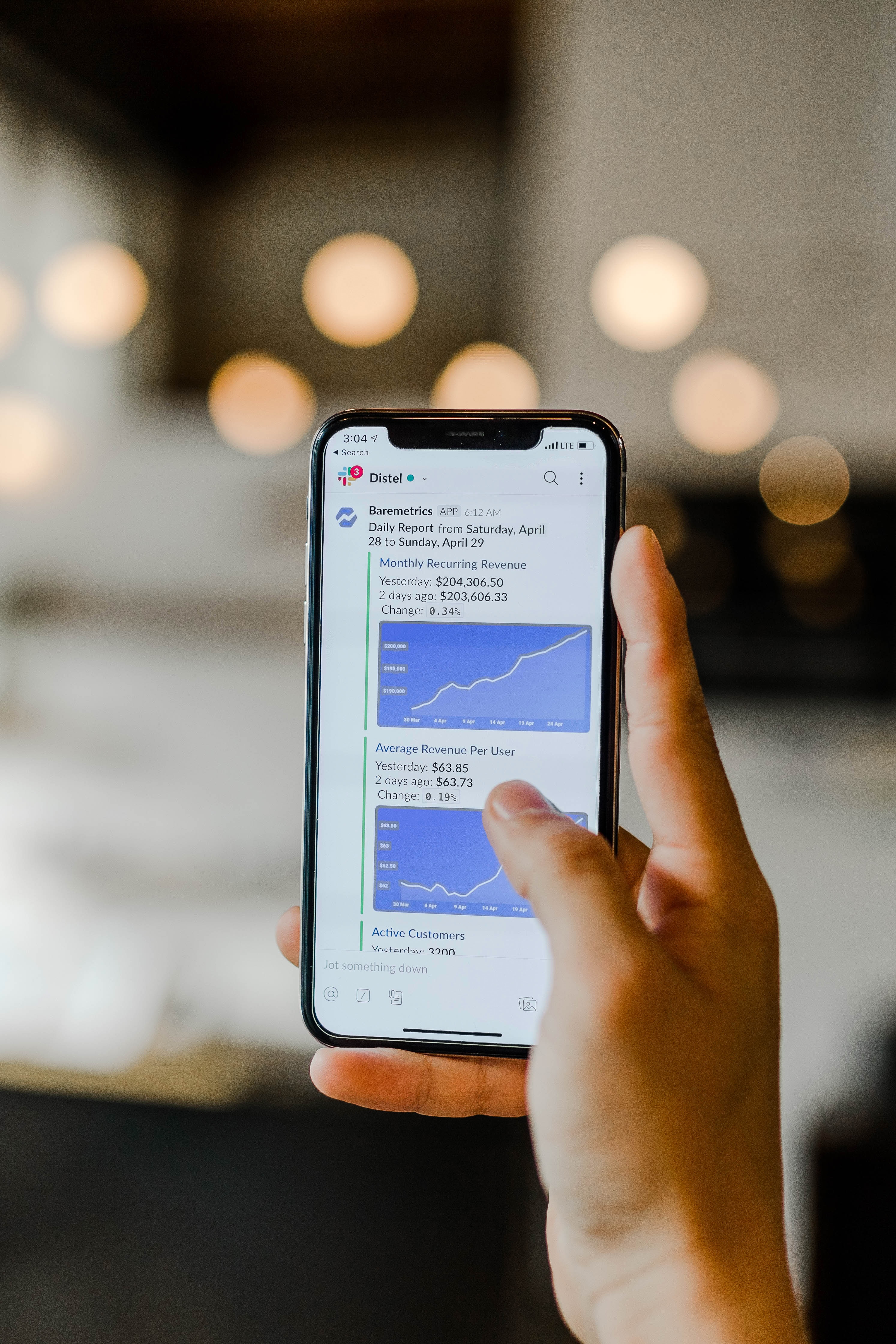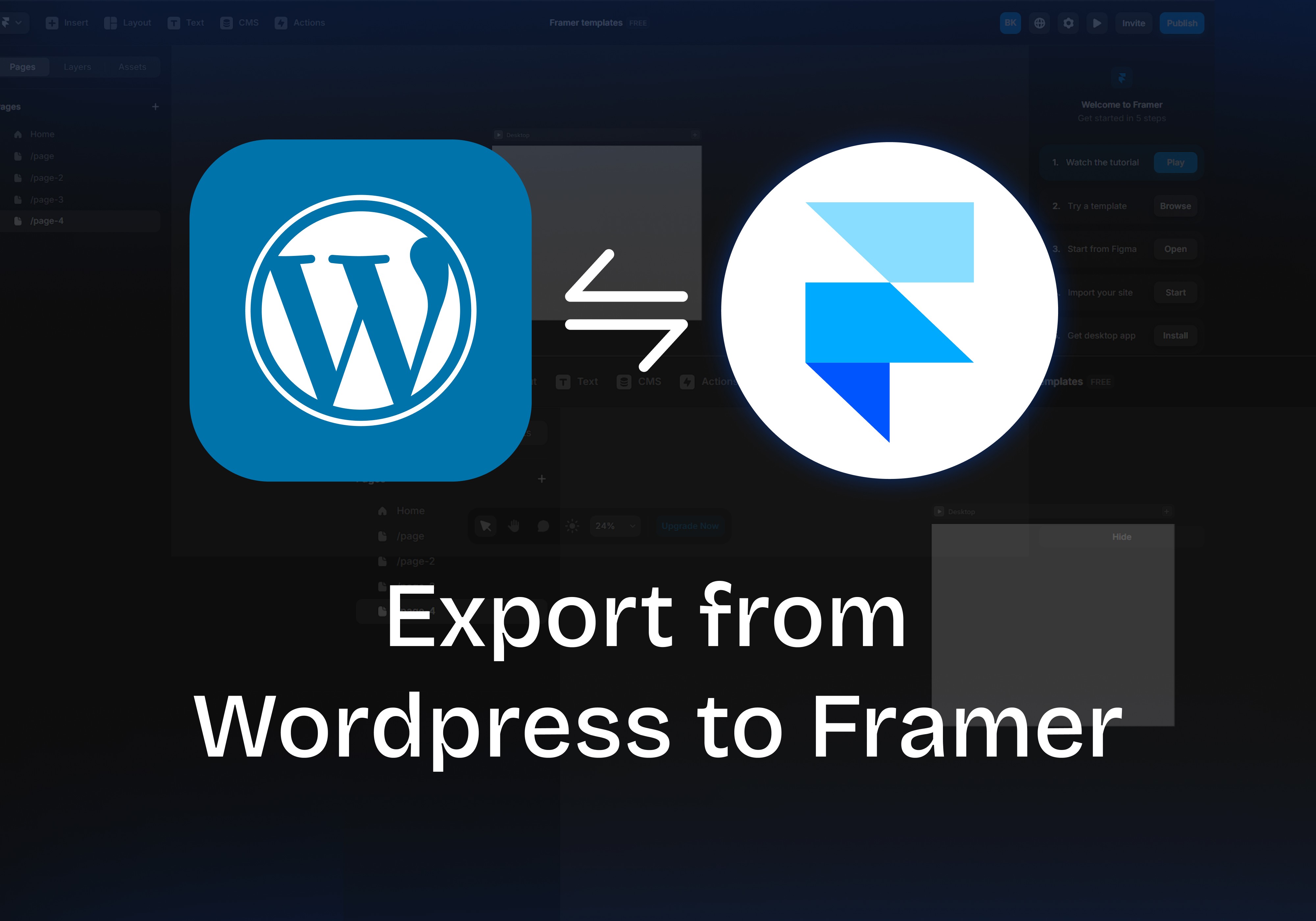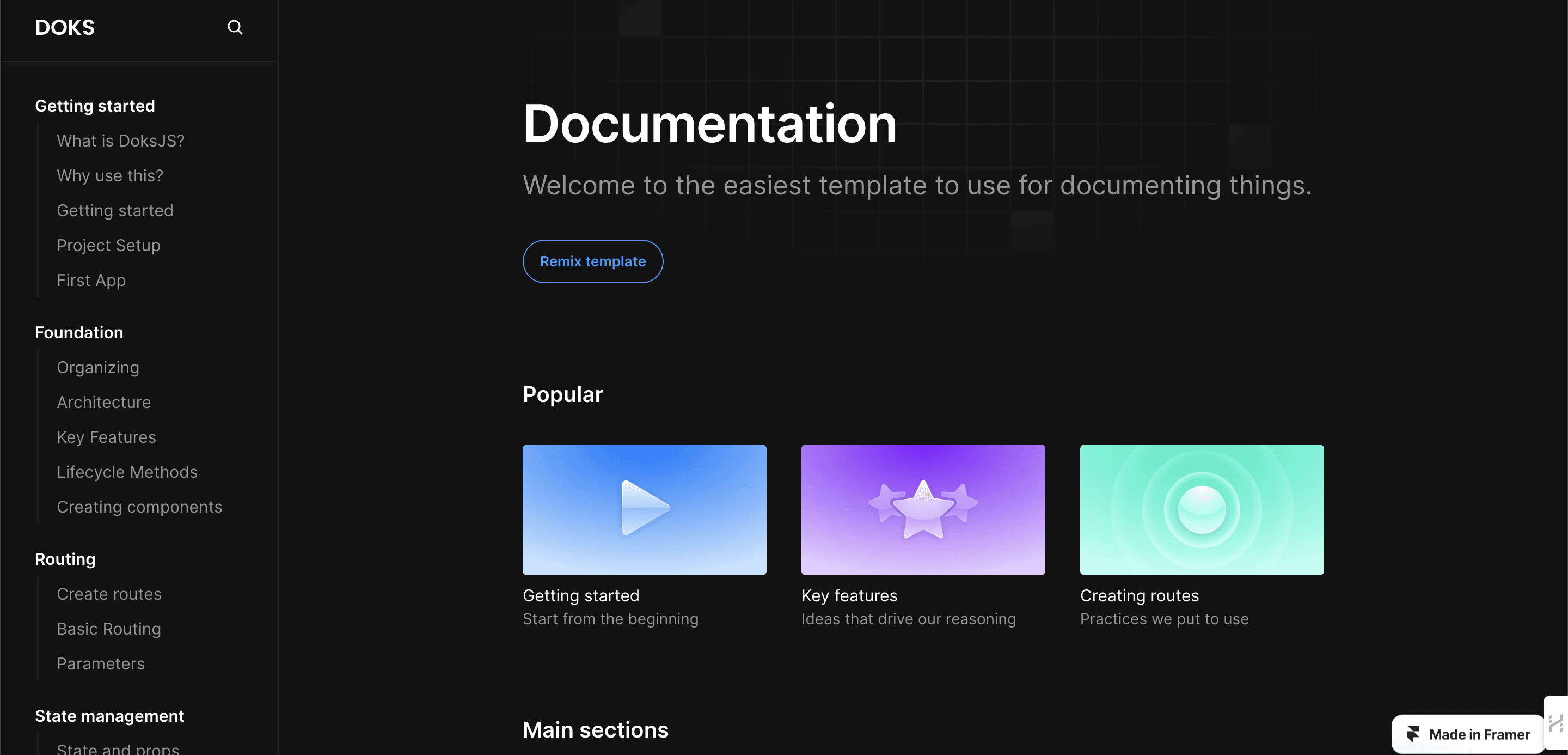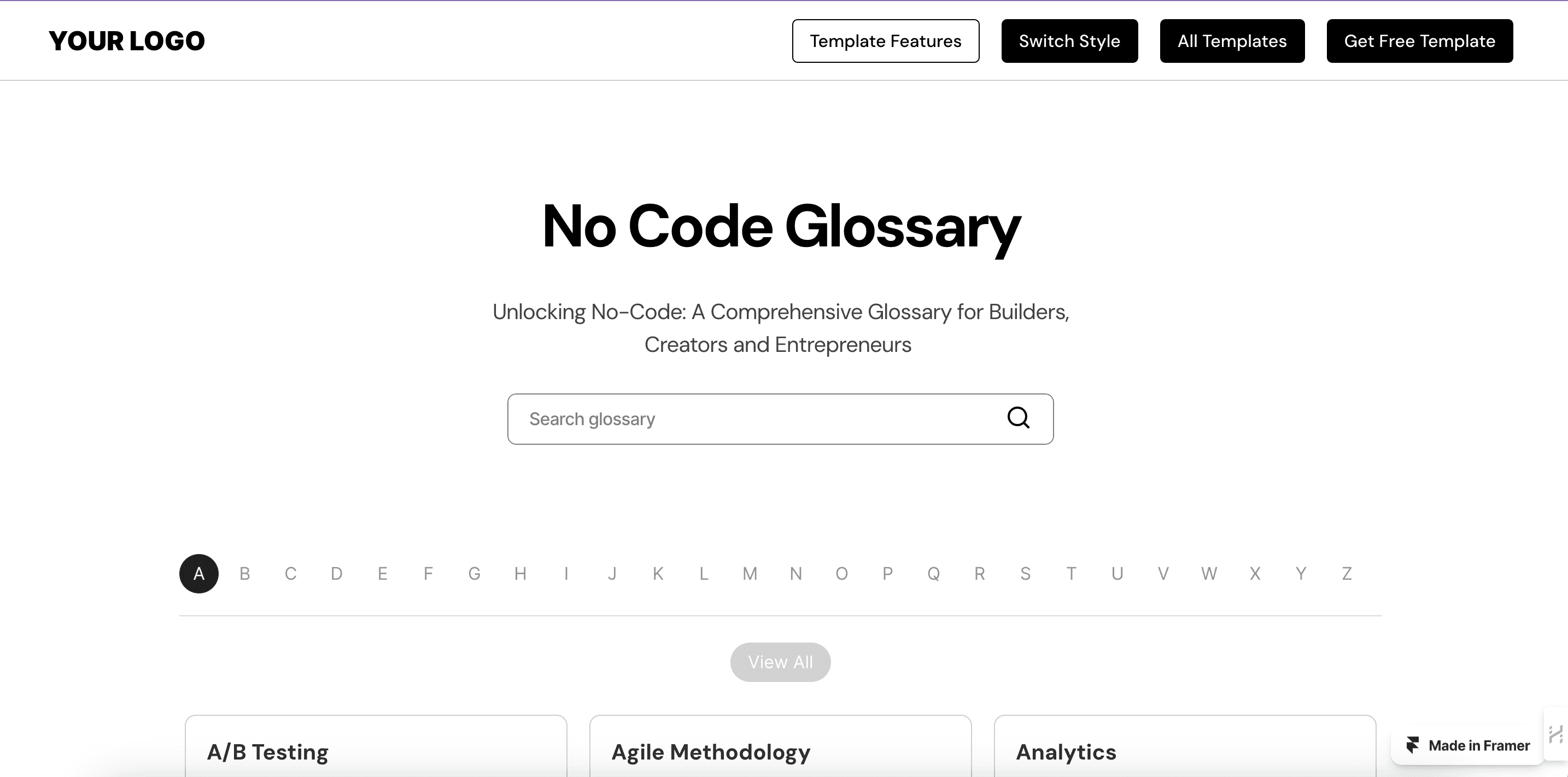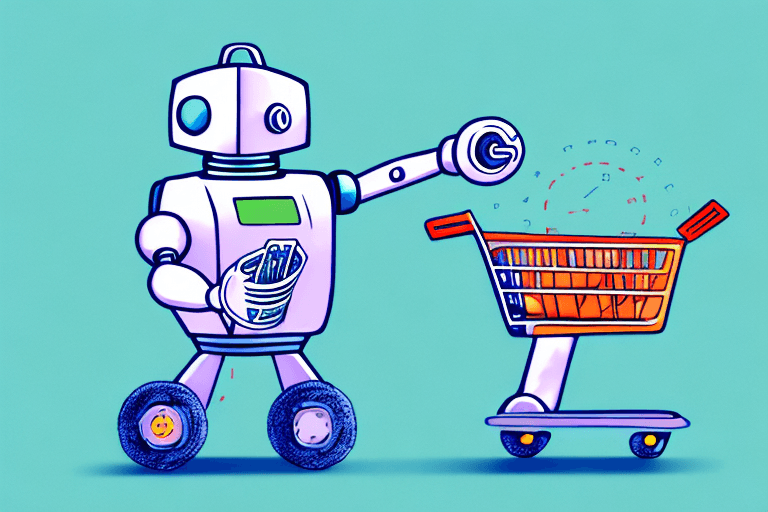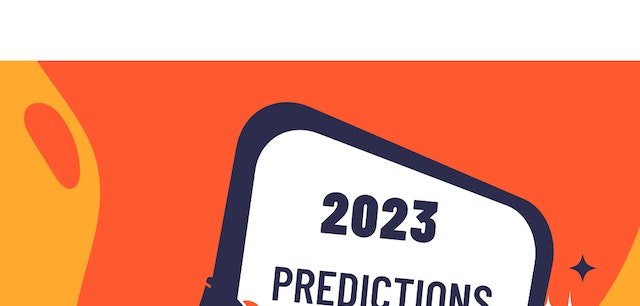Kuwait's tech scene is buzzing with exciting possibilities, fueled by a powerful trend: the rise of no-code development. Traditionally, software development has been an exclusive domain requiring expertise in coding languages. No-code platforms like Bubble break down these barriers, offering a user-friendly, drag-and-drop interface that empowers anyone to create functional web and mobile apps – regardless of their coding background. This democratization of app creation is having a significant impact on Kuwait's flourishing startup ecosystem. By removing technical hurdles, Bubble allows entrepreneurs to bring their innovative ideas to life faster and more efficiently.
This blog post dives into how platforms like Bubble are transforming the way Kuwaiti businesses and entrepreneurs build applications. We'll explore the advantages Bubble offers Kuwaiti entrepreneurs, delve into the applications it fosters within the region's tech landscape, and provide insights to help you embark on your own no-code development journey.
The Rise of No-Code Platforms
No-code platforms have revolutionized the software development industry in recent years. These platforms have gained traction as businesses and developers seek simpler, more accessible ways to build software applications. Traditional development methods often require extensive knowledge of programming languages, which can be time-consuming and expensive to acquire. With no-code tools, anyone can build applications, even without a technical background.
No-code platforms offer a visual interface that allows users to create applications without writing any code. These platforms offer pre-built components like drag-and-drop layouts, forms, and menus that can be quickly and easily assembled into an application. Users can customize these components using visual editors, saving time and reducing the need for specialized programming knowledge.
What is No-Code?
No-code platforms are software development platforms that allow users to build applications without writing any code. These platforms offer a visual interface that enables users to create applications using pre-built components, such as drag-and-drop layouts, forms, and menus. Users can customize these components using visual editors, saving time and reducing the need for specialized programming knowledge.
No-code platforms are ideal for businesses and individuals who lack the technical know-how to build software applications using traditional programming languages. These platforms democratize software development, making it accessible to anyone with an idea for an application.
Benefits of No-Code Platforms
No-code platforms offer several benefits over traditional coding methods. The most significant is speed: because no-code platforms offer pre-built components, users can create applications much faster than they could use traditional coding methods. This speed is particularly important in today's fast-paced business environment, where time-to-market can make the difference between success and failure.
No-code platforms also allow non-technical users to participate in application development, making it easier to involve business stakeholders and end-users in the design process. This involvement ensures that the application meets the needs of the business and its customers, leading to higher user adoption rates and greater overall success.
Finally, no-code platforms offer cost savings by eliminating the need to hire specialized developers. With no-code platforms, businesses can build applications using their existing staff, reducing the need to hire expensive developers or outsource development work.
Popular No-Code Tools
Several no-code platforms have emerged in recent years, each with its own strengths and weaknesses. Webflow is a popular no-code platform that offers a robust set of tools for building responsive websites. Wix is another popular platform that offers a user-friendly interface and a wide range of templates for building websites.
However, no-code platform Bubble has distinguished itself with a user-friendly interface and powerful toolset. Bubble offers a visual editor that enables users to build complex web applications without writing any code. With Bubble, users can create custom workflows, integrate with third-party APIs, and build custom user interfaces.
Overall, no-code platforms are an exciting development in the software development industry. These platforms offer businesses and individuals a simpler, more accessible way to build software applications, democratizing software development and making it accessible to anyone with an idea.
Bubble: A Game Changer in No-Code Development
Bubble is a cloud-based platform that has been making waves in Kuwait's tech scene. Its intuitive interface and impressive capabilities have made it a popular choice for no-code developers who want to create complex web and mobile applications without any coding knowledge. With its range of visual components, including input forms, navigation bars, and animation effects, Bubble offers users the ability to customize every aspect of their application to meet their specific needs.
What is Bubble?
Bubble is a powerful no-code development platform that offers a drag-and-drop interface for creating web and mobile applications. With its visual editor, users can design and customize every aspect of their application, from the user interface to the back-end functionality. This means that users can create complex applications without writing a single line of code.
Key Features of Bubble
Bubble offers several key features that make it an attractive choice for no-code developers:
Visual Editor: With Bubble's visual editor, users can create and customize the user interface without writing a single line of code. This means that users can focus on designing their application instead of worrying about the technical details.
Backend Workflows: Bubble offers powerful backend functionality that can be used to build complex applications. With its workflows feature, users can automate complex processes and create custom logic to handle their application's data and functionality.
Third-party Integrations: Bubble can integrate with dozens of third-party services, including payment gateways and email providers. This means that users can easily add additional functionality to their application without having to write any code.
Responsive Design: Bubble applications are automatically optimized for any device, including desktops, tablets, and smartphones. This means that users can create applications that look great on any device without having to worry about the technical details.
Bubble's Impact on the No-Code Ecosystem
Bubble has had a significant impact on the no-code ecosystem. Its user-friendly interface and powerful toolset have enabled individuals and businesses to create complex applications without the need for coding knowledge. This has resulted in a growing community of Bubble developers, who are sharing their knowledge and resources to further advance the platform.
One of the most significant impacts of Bubble has been on the startup ecosystem. With its ability to create complex applications quickly and easily, Bubble has enabled startups to launch their products faster and with less technical debt. This has helped to level the playing field for startups, allowing them to compete with larger, more established companies.
Another area where Bubble has had an impact is in education. With its intuitive interface and powerful toolset, Bubble has become a popular choice for teaching no-code development. This has helped to democratize the tech industry by making it more accessible to people from diverse backgrounds.
Overall, Bubble is a game-changer in the no-code development space. Its user-friendly interface, powerful toolset, and growing community of developers have made it an attractive choice for individuals and businesses who want to create complex applications without the need for coding knowledge.
Kuwait's Growing Tech Scene
Kuwait's tech industry is rapidly expanding, fueled by government initiatives and a growing demand for technology solutions. The country's tech ecosystem is bolstered by a young and tech-savvy population, a supportive business environment, and a commitment to innovation.
The tech industry in Kuwait has seen significant growth in recent years, with many startups and established companies emerging in the sector. This growth is largely due to the government's efforts to promote the digital economy and create a supportive environment for tech entrepreneurs.
The State of Kuwait's Tech Industry
While still in its early stages, Kuwait's tech industry has tremendous potential for growth. The country's young and tech-savvy population is a major asset in this regard, with many young people eager to pursue careers in technology and entrepreneurship.
Moreover, Kuwait's business environment is highly supportive of tech startups, with a range of resources and funding opportunities available to help new companies get off the ground. This includes initiatives like the Kuwait National Fund for SMEs Development (KFED), which provides funding, training, and mentorship programs to support the growth of the tech industry.
Government Initiatives Supporting Tech Growth
The KFED has launched several initiatives to support the growth of Kuwait's tech industry. These initiatives include funding for startups, training and mentorship programs, and support for research and development activities.
In addition to the KFED, the Kuwaiti government has also established the Kuwait Investment Authority (KIA), which is responsible for managing the country's sovereign wealth fund. The KIA has invested heavily in the tech sector, providing funding and support to many of Kuwait's most successful tech startups.
Success Stories from Kuwait's Tech Sector
Kuwait's tech sector has seen several notable success stories in recent years. One of the most well-known examples is Talabat, an online food delivery platform that was acquired by Delivery Hero for $170 million. Talabat was founded in Kuwait in 2004 and quickly became one of the most popular food delivery services in the country.
Another success story from Kuwait's tech sector is Carriage, a delivery app that was also acquired by Delivery Hero for $400 million. Carriage was founded in Kuwait in 2016 and quickly gained popularity thanks to its fast and reliable delivery service.
Overall, Kuwait's tech industry is poised for continued growth in the coming years, with many promising startups and established companies driving innovation and entrepreneurship in the sector.
How Bubble is Transforming Kuwait's Tech Landscape
Bubble is a powerful no-code platform that is transforming the tech landscape in Kuwait. With its user-friendly interface and intuitive drag-and-drop functionality, Bubble is empowering entrepreneurs and startups to build sophisticated applications with ease and efficiency. You can check the best examples of Bubble apps built by developers.
But Bubble is more than just a tool for building apps. It is a catalyst for change, accelerating digital transformation and fostering a vibrant community of no-code developers in Kuwait.
Empowering Entrepreneurs and Startups
Entrepreneurship is thriving in Kuwait, and Bubble is playing a crucial role in supporting this growth. With Bubble, entrepreneurs and startups can build complex applications without the need for a large development team or specialized technical knowledge. This enables them to bring their ideas to life faster and with less upfront investment, allowing them to iterate and refine their products based on user feedback.
For example, a Kuwaiti startup called "Foodie" used Bubble to build a food delivery app that connects local restaurants with customers. With Bubble's no-code platform, Foodie was able to build a fully functional app in just a few weeks, without the need for a dedicated development team.
Accelerating Digital Transformation
Bubble is also helping to drive digital transformation in Kuwait by enabling traditional businesses to modernize their operations. No-code platforms like Bubble allow these businesses to quickly build custom applications that support their specific workflows, digitizing their processes and increasing efficiency.
For example, a Kuwaiti logistics company called "LogiTech" used Bubble to build a custom inventory management system that streamlined their operations and reduced errors. With Bubble's no-code platform, LogiTech was able to build a tailored solution that met their specific needs, without the need for a dedicated development team.
Fostering a Community of No-Code Developers
Bubble is also helping to create a community of no-code developers in Kuwait. It is providing accessible tools and resources for anyone who wants to learn no-code development and build applications. This is helping to create more job opportunities and supporting the overall growth of the tech industry in Kuwait.
For example, Bubble hosts regular workshops and events that bring together no-code enthusiasts from across Kuwait. These events provide an opportunity for attendees to learn new skills, network with other developers, and share their experiences.
Bubble is a game-changer in Kuwait's tech scene, empowering entrepreneurs, and startups to build complex applications with greater speed and efficiency. The platform is accelerating digital transformation and fostering a vibrant community of no-code developers in Kuwait. With government support and a growing demand for technology solutions, the future looks bright for Kuwait's tech industry.
Who is Goodspeed?
Goodspeed is a leading no code agency, founded out of personal experience and personal frustration with trying to find a developer. We're a team of expert product managers, Bubble developers, Figma designers and entrepreneurs. Send us a message if you want to build a product to launch in Kuwait.
Frequently Asked Questions (FAQs)
1. What is no-code development, and how is it impacting Kuwait's tech scene?
No-code development refers to the creation of software applications without writing traditional programming code. It empowers individuals and businesses without technical backgrounds to build web and mobile apps using visual interfaces. In Kuwait, platforms like Bubble are driving this trend, enabling startups and entrepreneurs to rapidly bring their ideas to life.
2. How do no-code platforms like Bubble work, and who can benefit from them?
No-code platforms provide visual interfaces with pre-built components for creating applications. Users can customize these components without writing code, making them ideal for individuals and businesses without coding expertise. Anyone with an idea for an application can benefit from these platforms, as they democratize software development and streamline the creation process.
3. What advantages do no-code platforms offer over traditional coding methods?
No-code platforms offer speed, allowing faster application development compared to traditional coding. They enable non-technical users to participate in development, leading to better alignment with business needs. Additionally, no-code platforms save costs by eliminating the need to hire specialized developers or outsource work.
4. How does Bubble stand out among other no-code tools, and how is it impacting Kuwait's tech landscape?
Bubble is a powerful no-code platform with a user-friendly interface and robust toolset. It allows users to create complex web applications without coding. In Kuwait, Bubble is empowering entrepreneurs and startups, accelerating digital transformation, and fostering a community of no-code developers. It's driving innovation and growth in the country's tech industry.
5. How is Kuwait's tech industry evolving, and what role is Bubble playing in this evolution?
Kuwait's tech industry is growing due to government support, a young population, and a supportive business environment. Bubble is playing a crucial role by enabling entrepreneurs and startups to build applications easily, accelerating digital transformation for traditional businesses, and creating a community of no-code developers. The platform is driving innovation and propelling Kuwait's tech landscape forward.
You can also read our blog if you want to build a product to launch in Saudi Arabia with Bubble.




